I want to build a gaming PC but I won't — here's why
I've seen the nightmares that gaming PCs can create
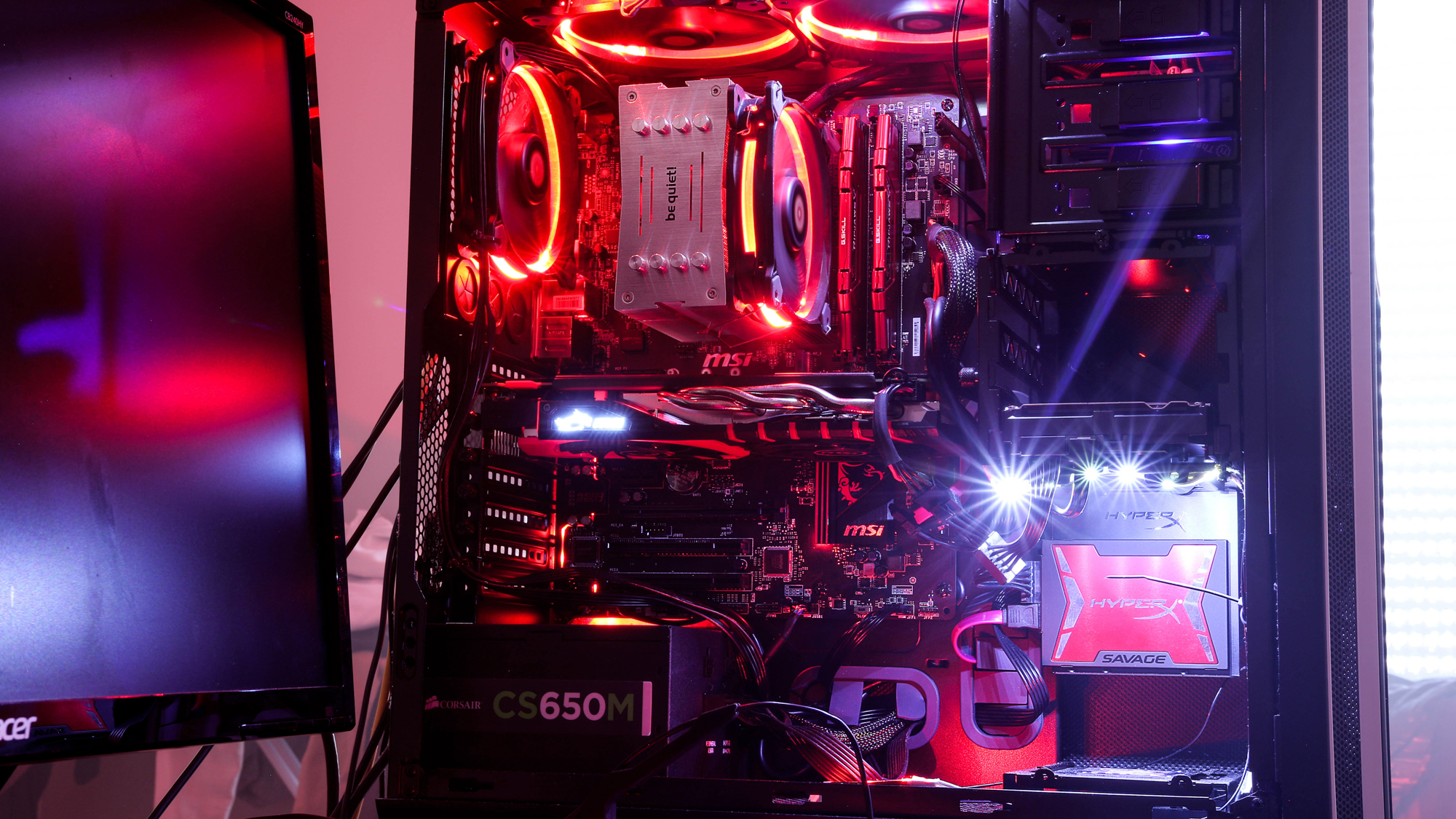
I want a gaming PC. I really do. I also want to build it, because the pricing just makes a lot more sense that way. For example, a great gaming PC help help me finally start streaming on Twitch, especially now that I have the Logitech C920 (one of the best webcams).
Also, from everything my fellow gamers have told me, I've seen that a PC is one of the best way to game. No, I'm not trying to make Cyberpunk 2077 run smoothly (though it would have been better with an RTX 3080 card than with an Xbox One X). My interest in owning a gaming PC isn't rooted playing the modern hits. It's more an older game that I can't get on a PS4 or PS5.
But as much as I want to play that game and start stream, I've got a whole fistful of reasons for why I won't build a gaming PC.
- We've ranked the best gaming laptops
- And the best gaming keyboards
Before this piece goes any further, I'll just note that I have the utmost respect for those who build their own gaming PCs. I wrote this for the gamers out there who, like myself, feel weird about taking on the process.
This all started because of a game I wanted to play for years, but couldn't: Persona 4 Golden. P4G is the predecessor to the amazing Persona 5 and Persona 5 Royal, games that I spent hundreds of hours tackling over the last four years.
But P4G had been exclusive to the niche PS Vita for most of its life. Then, Persona 4 Golden came to Steam last summer, and I was excited. Until, that is, P4G ran so poorly on my usual machine that I thought I'd need to build a gaming PC to make it run right.
When I actually thought about the work that would go into building a gaming PC, though, I had a lot of doubts.
Sign up to get the BEST of Tom's Guide direct to your inbox.
Get instant access to breaking news, the hottest reviews, great deals and helpful tips.
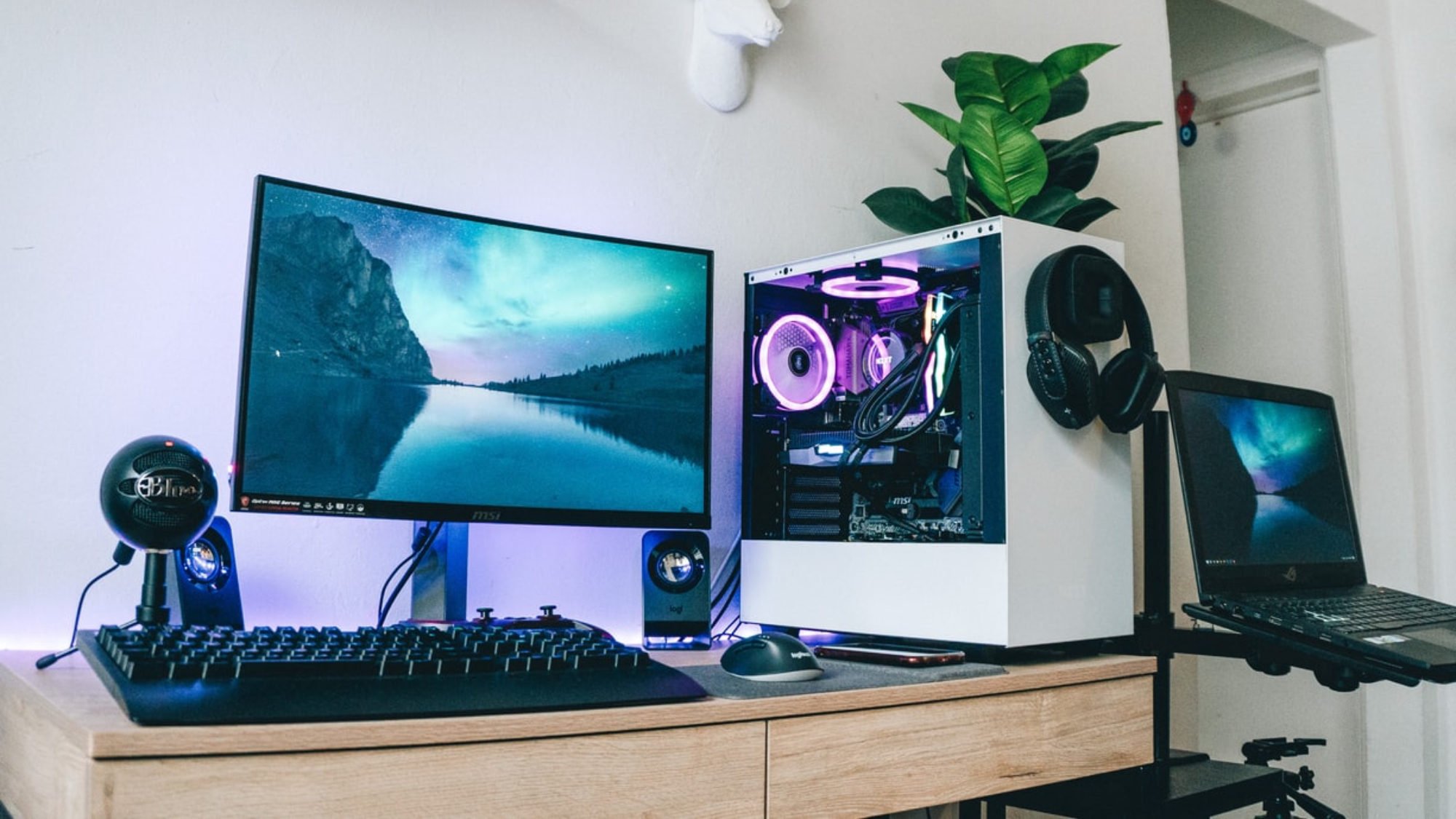
Building your own PC is choosing chaos
I've always been afraid of building a PC because of how easy it is to screw up the process. I'm smart enough to know how to electrically ground myself so I don't accidentally break a component, but I'm not a tinkerer.
Building a PC requires so much more than I have to give. The whole whole art of dealing with a system's BIOS (which stands for Basic Input/Output System, aka the operating system for your components) and other elements feels downright intimidating.
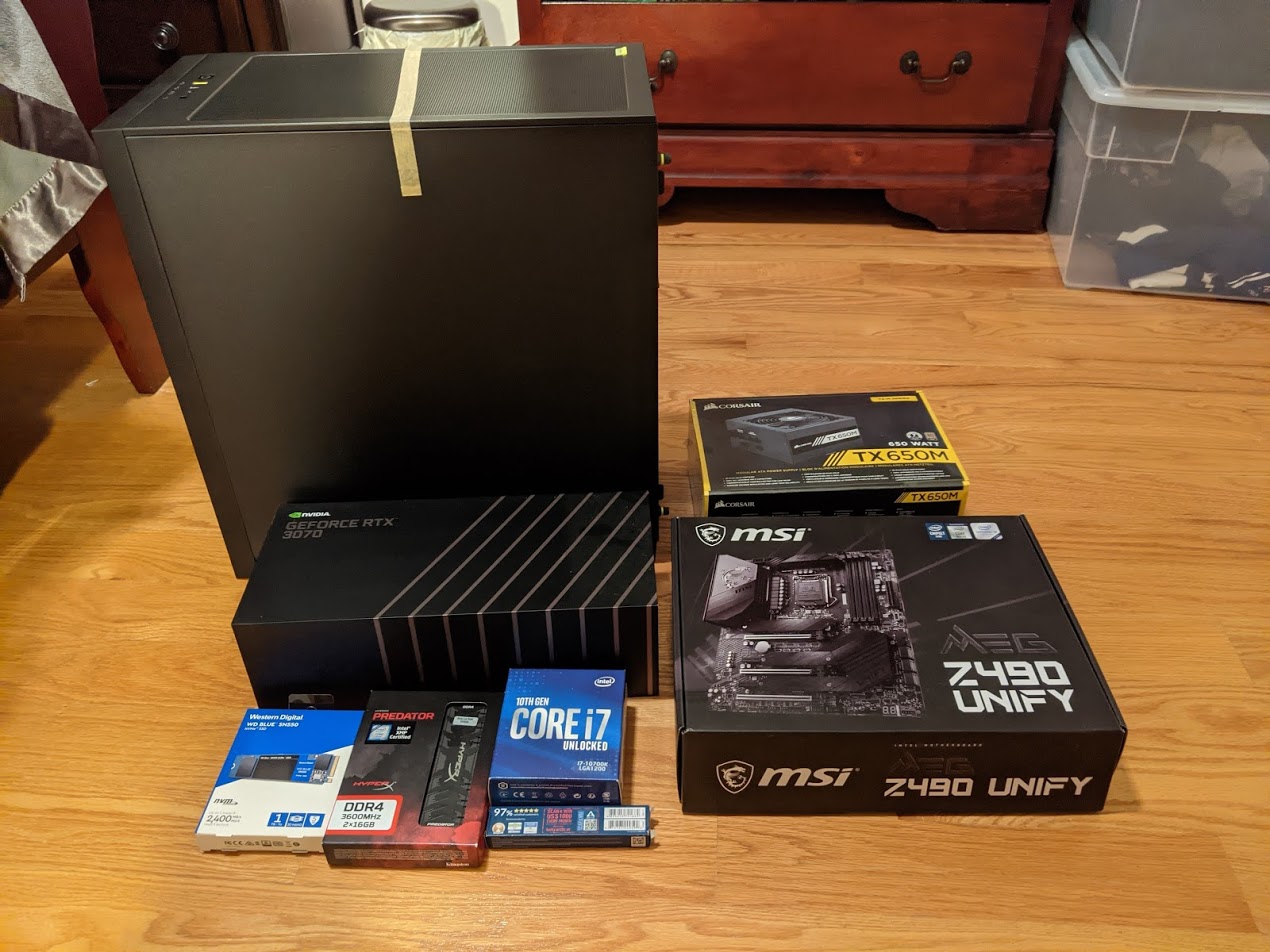
Take, for example, the story of the Tom's Guide test PC. It spent more than a month in what I'd call the debugging process, as our senior editor Marshall Honorof — who is legit one of the smartest people I know — struggled to make it all work.
For some reason, the TG PC would shut down instantly after booting up, then immediately start up again. (Like when I wake up and go back to sleep, when I should just get out of bed). That's clearly not the way you want a PC to work. When Marshall posted online looking for help, I would retweet his requests, and watch as my acquaintances tried to help.
Then, one day, Marshall figured it out. The answer is so confusing that I was in awe of Marshall's success — and added another reason to the list of why I'd never try to build my own PC. The test PC suffered from a glitch related to overclocking — the art of pushing a PC harder than it's normally set.
Mousing around the BIOS, he discovered that the Tom's Guide PC had three active overclocking profiles. I don't know why a system would have this many enabled at once — and I don't know if I would have noticed the error, either. And then I would have spent even longer troubleshooting.
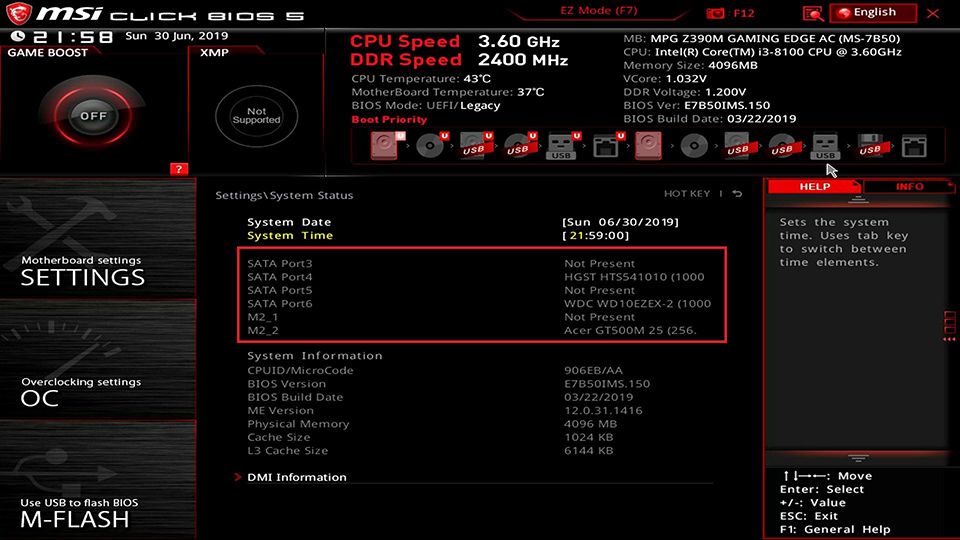
Why did it have three profiles? The system had added one overclocking profile (visualized as a Game Boost button) for the CPU, and one for each stick of RAM. That doesn't make intuitive sense, and is the kind of answer I'd never have guessed in a million years.
Of course, Marshall's story is still a win in the long run. He solved a problem, learned something from fixing it and now has a mighty desktop gaming PC. As much as I admire his result, I look at my last month-and-a-half, and wonder where I would have found the time.
Finding the right parts is nigh impossible
If you think it's hard to find a PS5 restock or a new Xbox Series X, know that PC gamers face similar issues when trying to get the latest and greatest GPU (graphics processing unit).
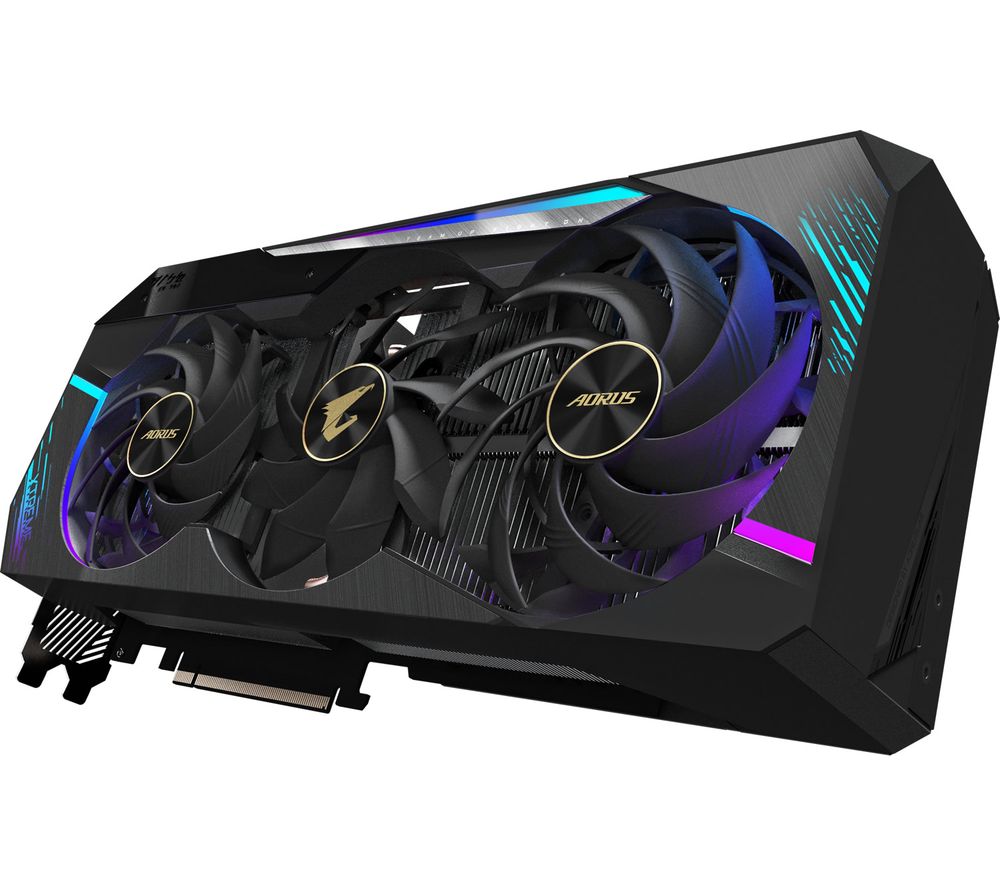
The popularity of our Where to buy Nvidia GeForce RTX 3080 article shows that even a high price cannot help solve a lopsided supply:demand ratio. Yes, even a $699 graphics card can be perpetually out of stock.
But it gets worse. Scrolling through Amazon's dedicated GeForce GTX 3080 page is like walking through a mall where almost every store is out of business. It's all "currently unavailable" until the rare option that's sold by a third party retailer, where the GPU costs at least twice as much.
PC gaming gets way more expensive than console gaming
This isn't a situation where buying a GPU from a previous generation is wise, either. Sure, a gaming PC is built to be upgraded, but a GPU upgrade could also lead to a power supply upgrade, as new parts need more juice. Furthermore, if I'm going to build a gaming PC, it should be an investment for the near-to-long term. I don't want to buy something that I'll need to upgrade right away.
And at the end of the day, the parts for the aforementioned Tom's Guide PC cost about $1,655 total. And that's without a monitor. While it's not a shockingly high price for a computer, that's three times the price of the PlayStation 5.
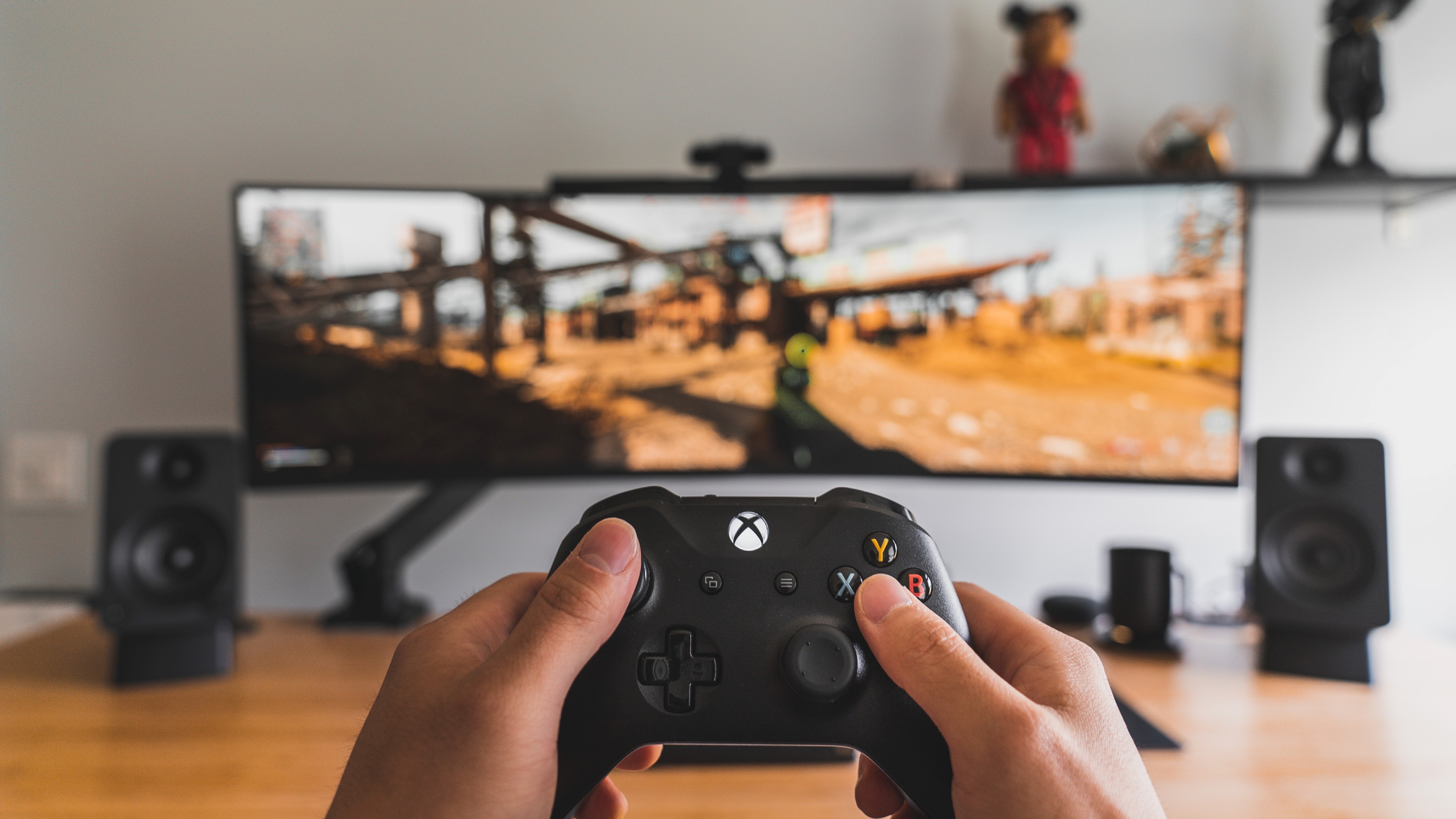
Admittedly, a great gaming PC can serve more functions than a console can. It's not just a place to play games, but also a work machine for productivity and streaming online. However, I've already chosen the macOS world for my productivity, and I'm not leaving any time soon.
Gaming laptops should be enough
Let's get back to the video game that inspired me to consider building a gaming PC. I spent hours this past summer testing Persona 4 Golden on a number of PCs, including a powerful Surface Book 3 with a Core i7-1065G7 CPU and Nvidia GeForce GTX 1660 Ti GPU. But I still ran into performance issues.
I asked around, and I found an unsettling common refrain. Maybe, I was told, I shouldn't be playing games on a laptop. Not even this old PS Vita game.
Then I asked for help from an internet-acquaintance Matt Enloe, who'd tweeted about playing the PC port of P4G. Among other suggestions, he said "I would recommend not trying to play video games natively on laptops," and that "cloud gaming is going to be a better option if you are mobile."
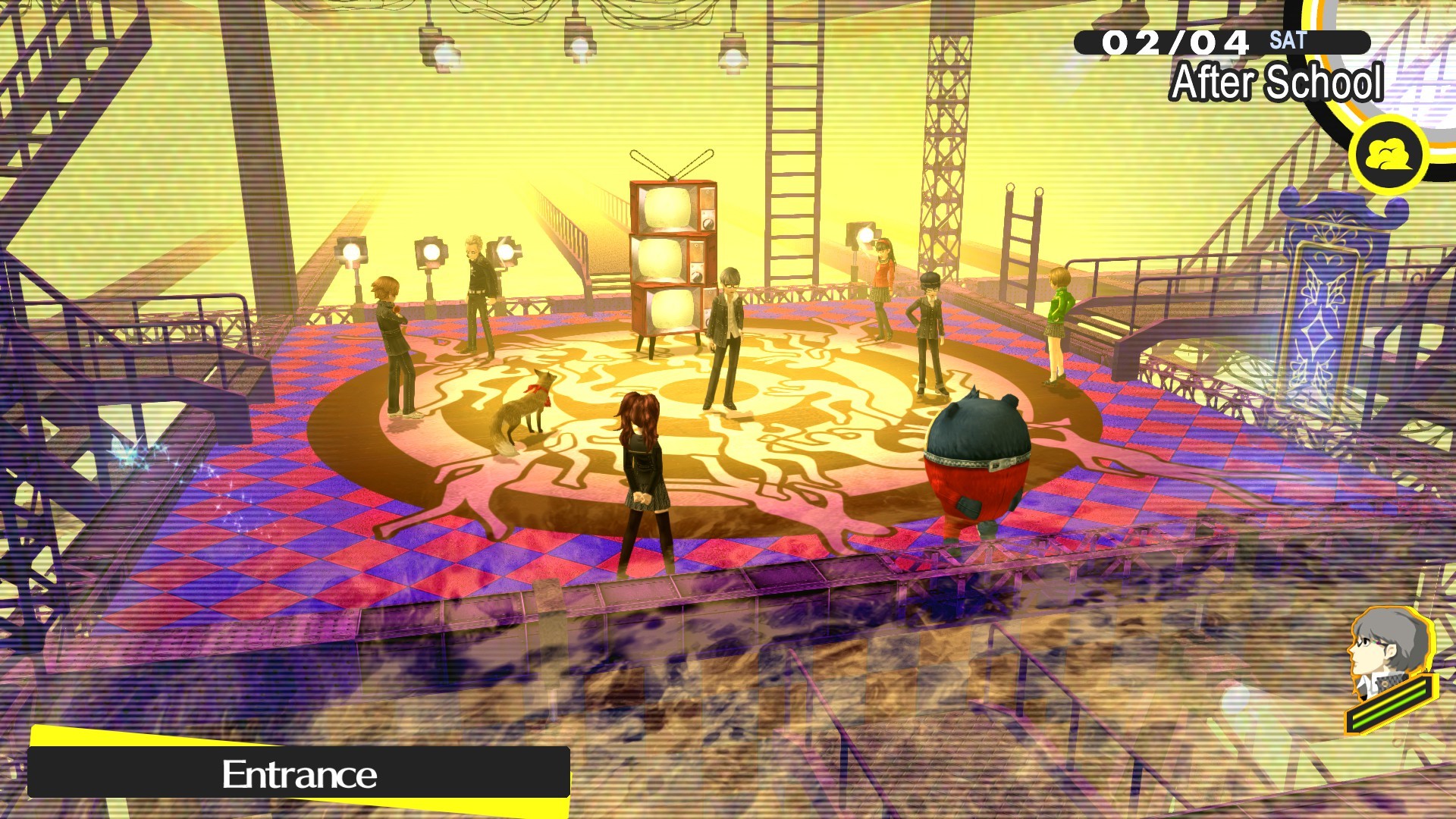
The logic, when I broke it down, made sense. Demanding, high-end games will probably run better on desktops than laptops. Tower PCs are designed for much better heat dissipation and cooling than laptops, which means you can push desktops harder.
That can even be true for a game that shouldn't be demanding — if the studio did a poor job optimizing it. Eventually, I got my hands on a laptop powerful enough to do the task, thanks to testing for the Tom's Guide Ultimate Home Office Awards. The Acer ConceptD 7 Ezel, packed with a 2.3 GHz 10th Gen Core i7 H-series Intel CPU and an RTX 2080 GPU, runs this old game as well as it can be run. (I had to spend an evening toying with its settings first, though.)
Am I annoyed that it took a $3,999 laptop to run this old game? Yes. Is there a more affordable laptop that could probably do the trick? Probably. But this all adds to my frustration about the PC gaming universe. I don't want to tinker around in settings, toggling V-Sync on and off to make graphics look right. That's definitely one reason why I'm a console gamer first.
Most games are available elsewhere
Right now, Persona 4 Golden is the only reason why I go near Windows in my personal time. Outside of that, there are very few games I've seen that I'd need a PC to play. And eventually, PC games tend to arrive on consoles anyway. Just look at Microsoft Flight Simulator coming to Xbox Series X. Maybe I'll get lucky and Atlus will bring P4G to the PS5 someday. Who knows?
But the likes of Half-Life: Alyx, League of Legends and Age of Empires 2: Definitive Edition? These big-name PC games are fortunately (for my budget and time) outside of my area of interest.
Hitting pause on my gaming PC dreams
For now, I'm putting my aspirations of PC gaming on hold. Hopefully, the costs and scarcity of components goes down sooner or later. I'd also like the PC gaming experts I know to be able to get COVID vaccines — not only for their health, but also so that we can share a room, and I can get their help in person.
Right now, though, it seems like one does not simply walk into building a gaming PC. Down that path lies a lot of lost time and spent money.
Of course, I expect my tune could change at the drop of a dime, if the right exclusive title or experience came along. The idea of building a gaming PC is daunting, but it also has its own allure.

Henry is a managing editor at Tom’s Guide covering streaming media, laptops and all things Apple, reviewing devices and services for the past seven years. Prior to joining Tom's Guide, he reviewed software and hardware for TechRadar Pro, and interviewed artists for Patek Philippe International Magazine. He's also covered the wild world of professional wrestling for Cageside Seats, interviewing athletes and other industry veterans.
-
Colif if only we had a Forum full of people who knew how to troubleshoot PC and might have helped with that pc had you asked :)Reply
I can't think of anywhere like that...
Oh wait - https://forums.tomshardware.com/ -
vandamage Replyadmin said:Even if you want to build a gaming PC, it's an expensive, complicated task with a lot of potential for things to go wrong.
I want to build a gaming PC but I won't — here's why : Read more
Then, one day, Marshall figured it out. The answer is so confusing that I was in awe of Marshall's success — and added another reason to the list of why I'd never try to build my own PC. The test PC suffered from a glitch related to overclocking — the art of pushing a PC harder than it's normally set.
I honestly stopped reading the article right there - the first thing anybody familiar with overclocking would do if a pc wasn't running stable would be to set the PC back to defaults...
I mean c'mon man -
CorporateDog I want to trust a website ostensibly about PC building and tech, yet filled with SEO clickbait garbage like THIS, but I won't -- here's why.Reply -
CorporateDog Also, here's what you said about running 'Persona 4 Golden' on a laptop...Reply
I spent hours this past summer testing Persona 4 Golden on a number of PCs, including a powerful Surface Book 3 with a Core i7-1065G7 CPU and Nvidia GeForce GTX 1660 Ti GPU. But I still ran into performance issues.
... and here are the honest-to-god requirements for said game, per Steam...
MINIMUM:OS: Windows 8.1
Now, those are not beefy requirements. And while publishers might slightly understate what's needed for the sake of sales, they're not going to understate by THAT much, unless they want to face a horde of angry customers.
Processor: Intel Core 2 Duo E8400 | AMD Phenom II X2 550
Memory: 2 GB RAM
Graphics: Nvidia GeForce GTS 450 | AMD Radeon HD 5770
DirectX: Version 11
Storage: 14 GB available spaceRECOMMENDED:OS: Windows 10
Processor: Intel Core i5-650 | AMD Phenom X4 940
Memory: 4 GB RAM
Graphics: Nvidia GeForce GTX 460 | AMD Radeon HD 6870
DirectX: Version 11
Storage: 14 GB available space
Given the lack of angry customers in the review section of this game on Steam, I think it's probably safe to say that the stated requirements are fair, and the game is not a poorly optimized translation.
So why couldn't you run this extremely undemanding game on a laptop of more-than-sufficient power? One guess is that you were using the laptop's general-purpose GPU and not its more powerful dedicated gaming GPU.
Whoever gave you the advice that you shouldn't game on a laptop was either an idiot or just sick of being your free tech support. -
emilward85 I hate that you've gotten so much bad advice or have seemed to have just gotten the wrong impression. I've been gaming on laptops for years. There's nothing wrong with it. My current Lenovo Legion runs Cyberpunk without an issue and as far as building a PC goes, it is way easier than it seems. PCPartPicker is a good place to start. I'm not trying to change your mind, but I do think you need to take what you have been told so far with just a grain of saltReply -
dericw I used to be in this camp, but I slowly learned the only way I would get exactly what I want is to build a PC myself. I took the plunge recently, though I'm waiting to buy a new GPU due to current prices. Luckily for me nothing I ordered was defective and everything went smoothly. Not everyone is so lucky but I'd rather go through a little hassle to get what I want in the end than settle for something pre-built with parts I don't want. Sometimes others will look at the huge mid-tower case and wonder what the heck I was thinking in 2021, but the important thing is I appreciate what I have... and it's great for gaming!Reply
It seems like a lot of people feel as though notebooks should be sufficient for gaming nowadays. Certainly, they are if you're willing to pay more for a gaming notebook and you aren't worried about sacrificing upgradability. Even though nothing lasts forever, you can make a full sized gaming PC last quite a bit longer if you plan carefully. -
logainofhades ReplyColif said:if only we had a Forum full of people who knew how to troubleshoot PC and might have helped with that pc had you asked :)
I can't think of anywhere like that...
Oh wait - https://forums.tomshardware.com/
My thoughts exactly. All I see is a lack of effort to get real information, despite having full access to it. -
Wintyer I just payed for 6 months of Geforce now Ran the game with some of the rtx settings and most others nice and maxed and dam for 30 bucks or what not the game ran amazing I really wish Nvidia would just turn Gforce now into a shadow box systems and say to all the publishers and just let us play what everwe want on remote hardwareReply -
wookietiddy I'm sorry, but your estimation of $1600 minimum for a gaming PC is ridiculous. Even if you can't build a higher-spec PC for the same price as a console ($~600), You can get close, and the performance will still be better and give you all the good things that PC gaming brings (e.g. discounted prices EVEN BEFORE RELEASE, controller compatibility, VR support). And if you're willing to go with a Top-Tier last-gen GPU, you'll get AMAZING value for your money.Reply
As far as the test PC having issues, I agree with what others have said. If there was an OC applied and all of a sudden the PC wouldn't boot, the first troubleshooting step is definitely to turn that OC off and make sure it boots with stock settings. That being said, overclocking is NOT necessary for most modern games, so you're just wasting time worrying about that if you aren't a power user.
As for parts availability, yes it's a travesty of supply dearth as far as general availability is concerned. However, there are ways to drastically improve your chances of getting one of these new cards. I got an ASUS Strix 3090 for MSRP from Amazon because I subscribed to an Anti-Scalper discord server that implemented a web-crawler to provide stock notifications. I happened to be on my phone when the notification came through, and hit Buy It Now on Amazon 5 seconds later. It's not impossible, it just takes dedication. If you really have your heart set on it, it's entirely doable.
And finally, Laptops aren't enough. The price/performance for laptops just isn't there. You would really only go for a laptop if you're willing to compromise on performance (assuming Price is an object).
You also never mentioned pre-built systems. Maingear (for example) makes some very affordable pre-built desktop systems that give you some pretty amazing price/performance, not to mention that as a system builder, they get access to the new GPUs when others (read: consumers) can't. Totally viable option. -
dericw Replywookietiddy said:I'm sorry, but your estimation of $1600 minimum for a gaming PC is ridiculous. Even if you can't build a higher-spec PC for the same price as a console ($~600), You can get close, and the performance will still be better and give you all the good things that PC gaming brings (e.g. discounted prices EVEN BEFORE RELEASE, controller compatibility, VR support). And if you're willing to go with a Top-Tier last-gen GPU, you'll get AMAZING value for your money.
As far as the test PC having issues, I agree with what others have said. If there was an OC applied and all of a sudden the PC wouldn't boot, the first troubleshooting step is definitely to turn that OC off and make sure it boots with stock settings. That being said, overclocking is NOT necessary for most modern games, so you're just wasting time worrying about that if you aren't a power user.
As for parts availability, yes it's a travesty of supply dearth as far as general availability is concerned. However, there are ways to drastically improve your chances of getting one of these new cards. I got an ASUS Strix 3090 for MSRP from Amazon because I subscribed to an Anti-Scalper discord server that implemented a web-crawler to provide stock notifications. I happened to be on my phone when the notification came through, and hit Buy It Now on Amazon 5 seconds later. It's not impossible, it just takes dedication. If you really have your heart set on it, it's entirely doable.
And finally, Laptops aren't enough. The price/performance for laptops just isn't there. You would really only go for a laptop if you're willing to compromise on performance (assuming Price is an object).
You also never mentioned pre-built systems. Maingear (for example) makes some very affordable pre-built desktop systems that give you some pretty amazing price/performance, not to mention that as a system builder, they get access to the new GPUs when others (read: consumers) can't. Totally viable option.
All the GPUs are marked up a lot lately so even last-gen cards are at rip off prices right now. Even used GPUs on E-bay are going for a lot. Hopefully by late Spring availability of Big Navi and RTX 30x0 will no longer be limited, though and we'll be able to easily get them at MSRP.
